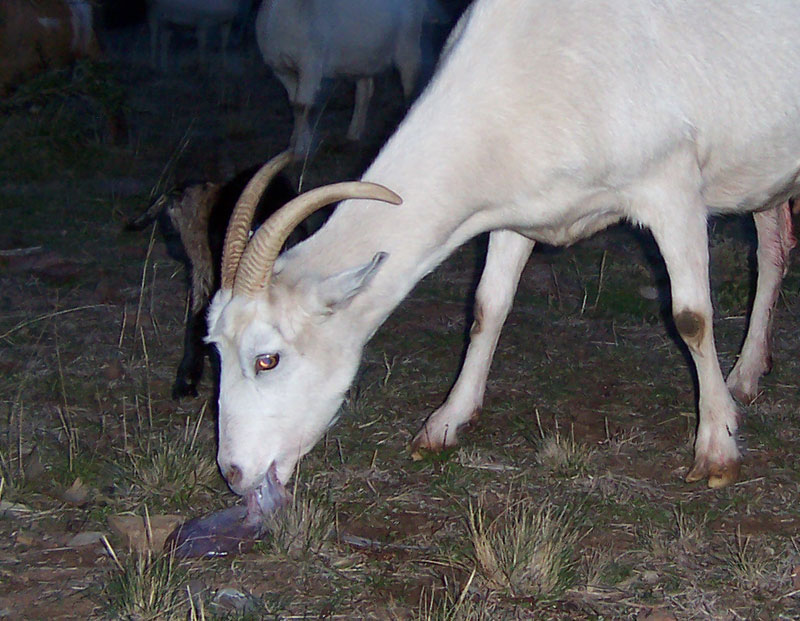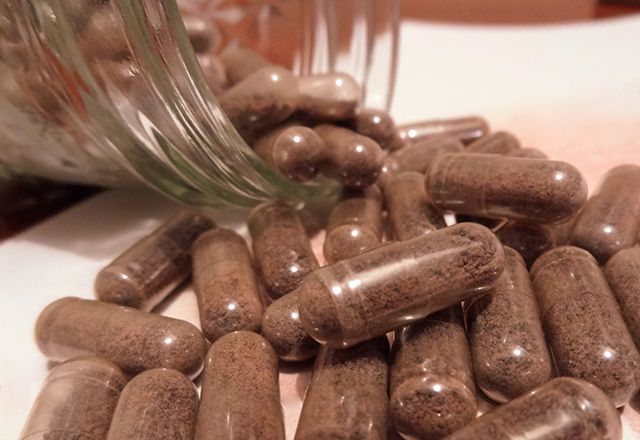What Really Happens When Moms Eat Their Own Placenta

By:
The act of consuming placenta — an organ in the uterus that delivers oxygen and nutrients to a fetus during pregnancy — is increasingly popular in the U.S., owing in part to media attention and celebrity endorsements.
But most people aren't fully informed about the science of placentophagy, or the act of eating placenta, according to a new study published in The Journal of Alternative and Complementary Medicine.
 Wikimedia - wikimedia.org
Wikimedia - wikimedia.org
About 66 percent of women have heard about placentophagy, and only 22 percent know someone who has eaten placenta themselves, the study found. But most women report that the information they're receiving about the practice comes from friends and media reports. Only 7 percent of women who were aware of the practice said they learned about it from a health provider, raising questions about the quality and consistency of information that's being disseminated.
The existing research on placentophagy suggests that eating placenta doesn't affect a woman's mood, pain, energy levels or lactation — as some advocates have claimed. Not in humans, at least.
The placenta grows to be about one pound by the time of birth, but serves no bodily function to the mother after the child has been delivered. If a woman has a vaginal birth, the placenta is pushed out naturally as part of the afterbirth process; if a woman has a c-section, the doctor will remove the placenta, and some hospitals will even let the mother take it home.
While many animals such as goats and lions eat placenta, they do so immediately after birth — eating the full organ raw and all at once. Some human mothers, on the other hand, give their placenta to a service that will cut it up, freeze-dry it, crush it into powder, and put the powder in pill capsules to be taken like vitamins. In some cultures, such as in Polynesian communities, placenta is eaten raw, but over the course of several days. That's an important distinction, because several studies have found that animals that eat placenta directly after birth do benefit from increased pain management, for example.
 Wordpress - wordpress.com
Wordpress - wordpress.com
Those benefits appear to disappear when a woman's placenta is left untouched for more than 24 hours or heated above 95 degrees Fahrenheit, according to Dr. Crystal Clark, an assistant professor at Northwestern University's Feinberg School of Medicine.
What's more, the existing research hasn't examined possible dangers associated with placentophagy, she said in an interview with the National Institutes of Health (NIH):
"There hasn't been any look at the risk of whether or not a woman gets sick, does it cause them any health problems long-term? And that might not be something we would see right away. We know that the placenta filters toxins — and it can also get infected — but we are not aware of how much of the metal, for example, that can be found in the placenta, such as mercury or seleniu. We're not aware of how much remains once it's processed or after it's processed."
 Morganka via Bigstock
Morganka via Bigstock
It's the kind of information that women who've expressed interested in placentophagy need to hear from health providers, according to Stephanie Schuette, a researcher at Northwestern University Feinberg School of Medicine who authored the recent study.
Schuette concluded in a press release, "As women are becoming increasingly aware of placentophagy, it is important for future research to examine the safety and efficacy of consuming placenta pills and tissue for postpartum benefits."
